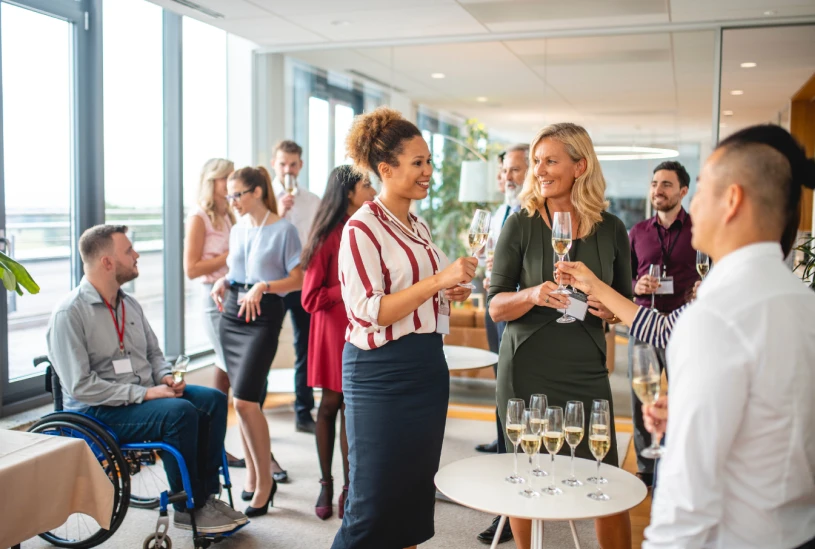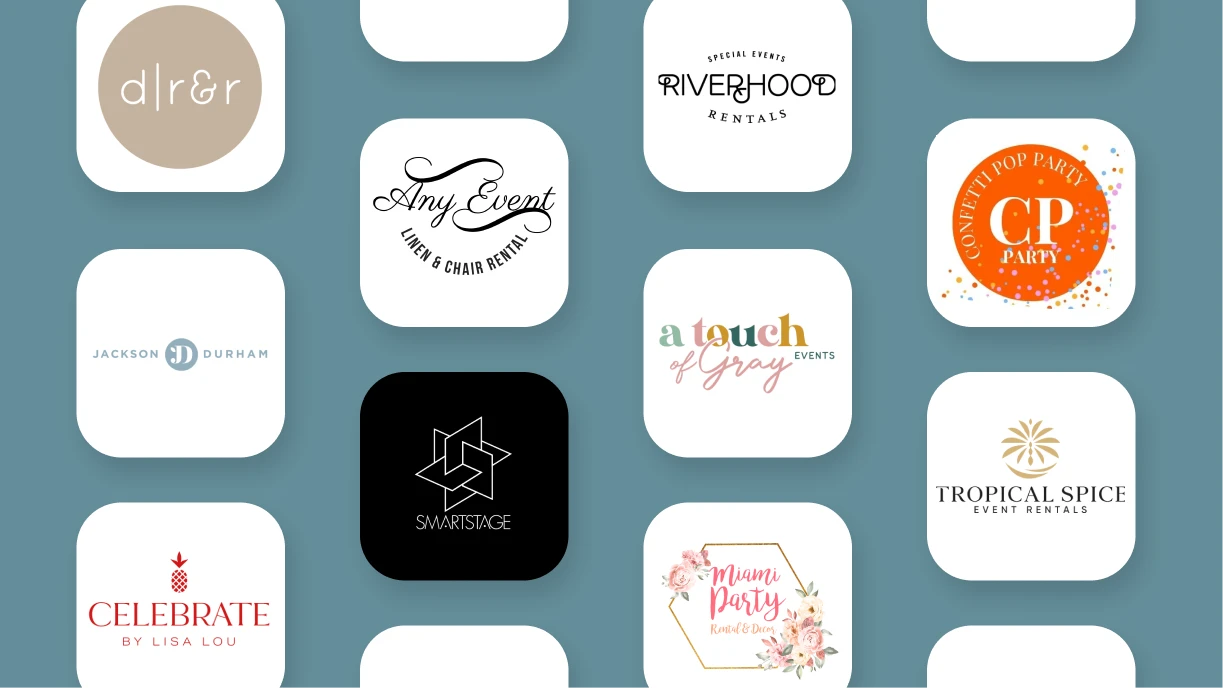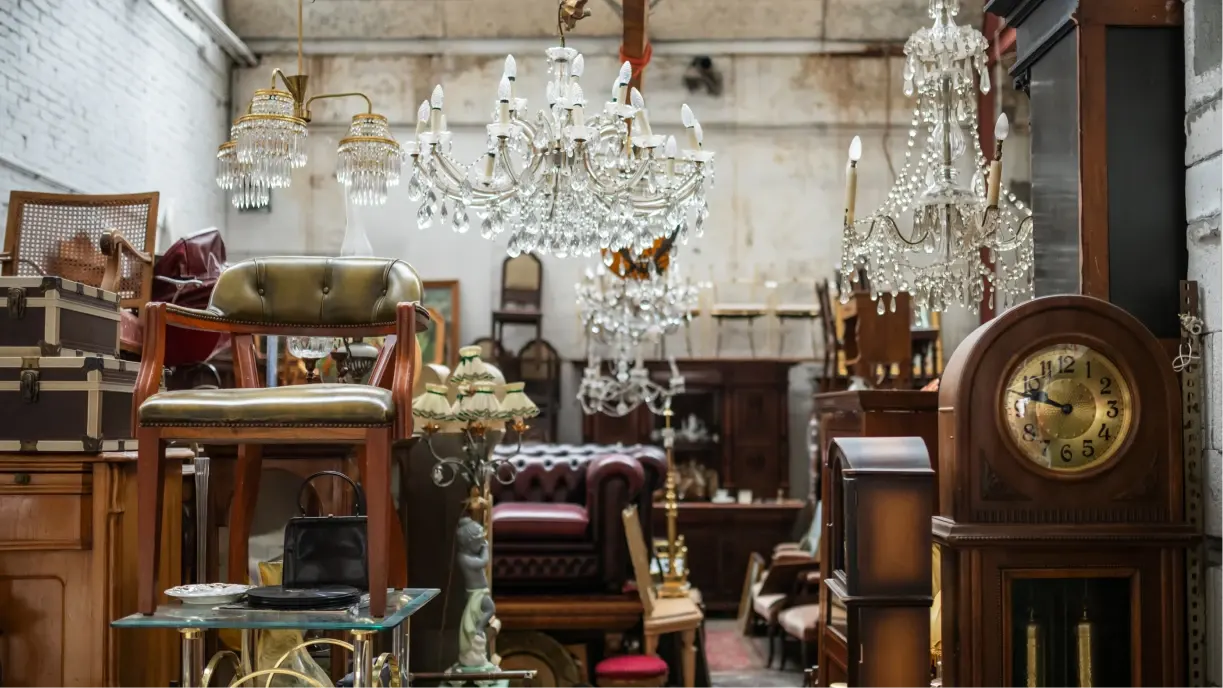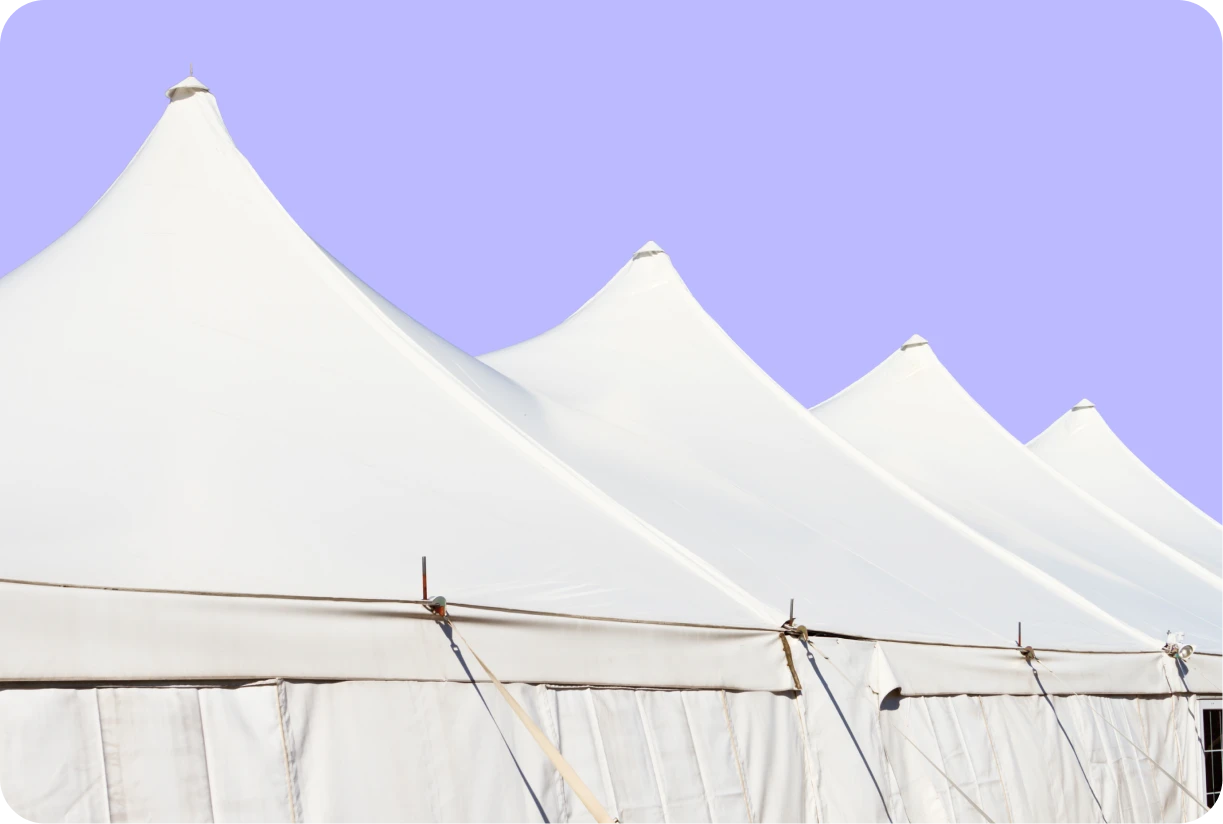Putting Accessibility at the Forefront of Your Event Planning
Events are meant to be experienced by everyone. When we say everyone, we mean everyone. People living with disabilities, mental health conditions, physical ailments, and those without them should be able to have an enjoyable experience at any event.
But unfortunately, this isn’t always the case. Many events simply aren’t set up to accommodate everyone. So, a lot of people are missing out on events, and not by choice. As an event planner, you can make a difference by ensuring accessibility is a priority at every event you put together.
Here are five tips for making your events more accessible and inclusive.
Familiarize Yourself With Various Disabilities and Accessibility Needs
Disability impacts all of us. There are around 61 million adults in the United States living with a disability. These disabilities can be permanent, temporary, situational, and of a huge variety. And with many disabilities come various accessibility needs. Whether you live with a disability or know, love, and care for someone with a disability, you’ve seen the direct impacts. Everyone has a responsibility to at least be aware of accessibility considerations.
You should spend time familiarizing yourself with as many disabilities and accessibility needs as possible. Start with common disabilities like mobility challenges, vision impairments, and hearing loss. In addition, study mental health conditions like anxiety, depression, and post-traumatic stress disorder. Also, learn about different neurodivergent traits and how you can accommodate sensory issues.
Educate yourself on how people live with the above disabilities and conditions and what you can do as an event planner to accommodate their needs. In addition to familiarizing yourself with various disabilities and the needs of people that live with them, it’s essential to learn about your attendees for each event.
Learn About Your Attendees
As crucial as learning about accessibility and disabilities generally is, it might be even more important to learn about the people attending each of your events. You want to make your events as accessible as possible, but you also want to ensure accommodations for your specific group of guests come first.
So, sit down with the client you’re planning the event for. Discuss who is invited, accessibility accommodations, and other information critical for ensuring an inclusive event. Once you learn about the attendees at your event, you can develop an accessibility checklist.
Develop an Accessibility Checklist
An accessibility checklist will ensure you accommodate the unique needs of your guests. It’ll also help you cover as many general accessibility needs as possible. Your accessibility checklist should address:
- Physical accessibility requirements — such as wheelchair ramps, railings, and elevators
- Sensory accessibility requirements — like a fragrance-free event, a ban on flash photography, or an event that provides noise-canceling headphones
- Cognitive accessibility requirements — such as detailed event schedules and information packets
- Any accommodations specific to your guests.
Be sure to go through your checklist well in advance of the event and early on the day of the event. Also, go over your commitment to accessibility with your team and give each person a copy of your checklist and any info they need to ensure accessibility is prioritized.
Furthermore, be sure you’re covering online accessibility needs, too, especially if you’re putting on a hybrid event. For example, the site on which you’re live-streaming your event should be optimized for screen readers and other assistive devices. Captions for videos, audio, and descriptions for images should be available as well. Including a sensory-friendly section at your events is also a good idea.
Include a Sensory-Friendly Section
There’s a tendency to focus on physical disabilities and mental health conditions when making accessibility a priority in event planning. However, it’s essential to take sensory-based issues just as seriously.
For example, many people in our world are neurodivergent. This means they have several neurological differences that set them apart from those that don’t have a neurologically based diagnosis. Neurodivergent conditions, like autism or attention deficit disorder, can affect motor skills, cognitive development, language, and sensory experiences.
Knowing how many neurodivergent people are out there and their unique needs, it’s brilliant to include a sensory-friendly area that’s quiet with low lights in all of your events. If you can, go even further than a sensory-friendly section.
Exceed Expectations
Ensuring your events have a sensory-friendly section will likely leave a lasting impression on guests. But, you can do more. Aim to exceed your attendees’ expectations when it comes to accessibility.
For instance, if you sell merchandise at your event, include sensory-friendly clothing. Or, if there’s a dress code, have sensory-friendly clothing options in it. Sensory-friendly clothing includes items that are easy to put on, wear, and remove for individuals living with a visible or invisible disability.
Allowing and providing clothing items like magnetic clothing and specially-designed apparel for wheelchair users will show your guests you’re committed to being an accessible party planner.
Other ideas for exceeding expectations regarding accessibility include:
- Hiring interpreters and sign language specialists;
- Giving early access to those with unique accommodations;
- Ensuring extra wheelchairs and other mobility devices are available;
- Assigning people on your team to assist individuals with disabilities throughout the night;
- Training your event staff on diversity and inclusion to ensure a consistent inclusive experience.
The goal is to put on events anyone can enjoy regardless of ability, background, or experience. Making your events more accessible and inclusive will set you apart from your competitors and leave a lasting impression on attendees. Use the tips above to start putting accessibility at the forefront of your event planning.






